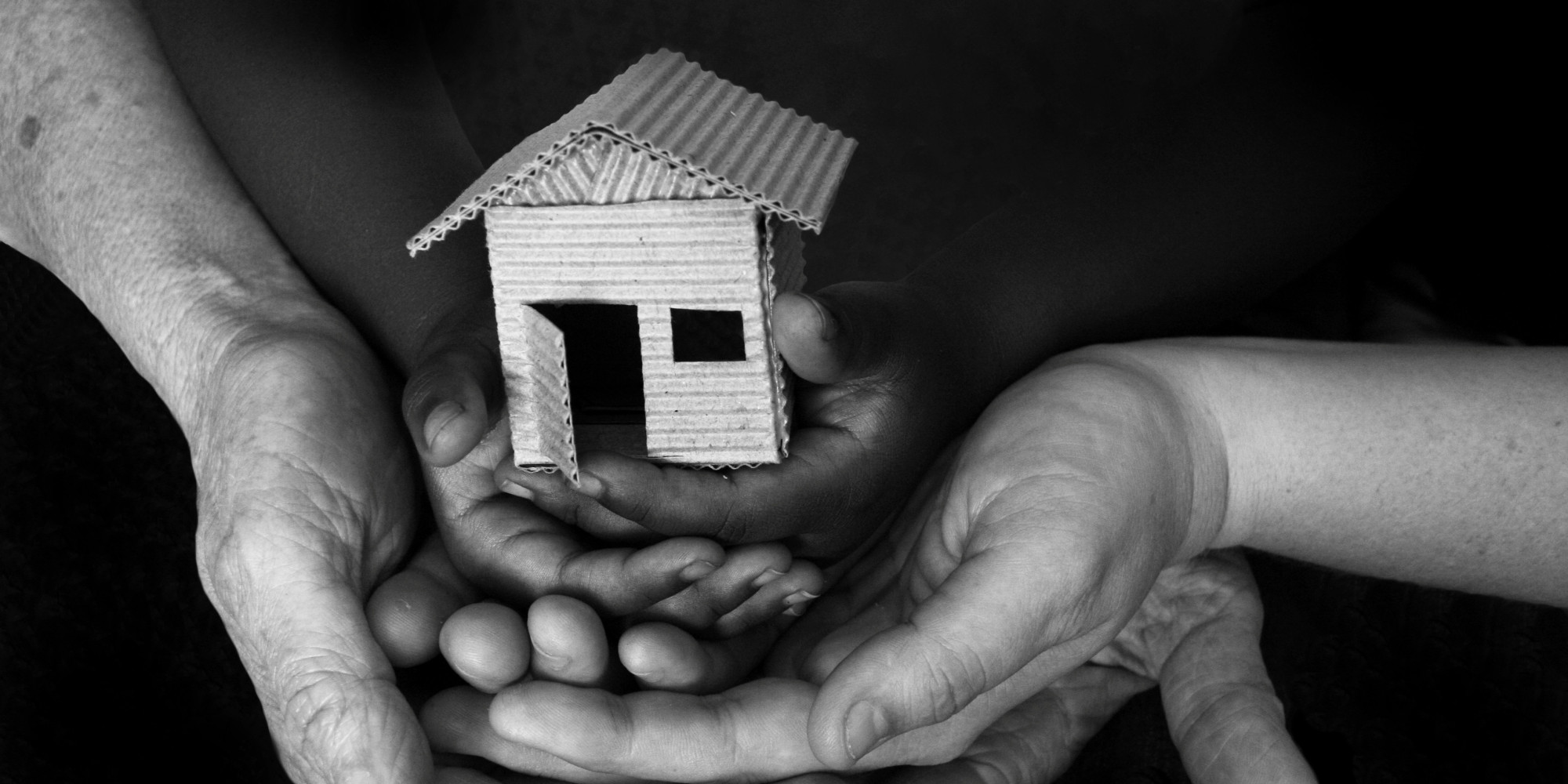Homeless rights in Scotland denied ‘on an industrial scale’
Scottish local authorities are failing to deliver their legal obligations to homeless people on an industrial scale according to Shelter Scotland in the wake of new official statistics published today.

The housing and homelessness charity is seeking urgent meetings at the highest level after the latest figures revealed the number of children in temporary accommodation (7,252) is the highest number since current records began in 2002. The figures also showed that councils failed to offer temporary accommodation to homeless people 10,840 times since January 2017.
The statistics include 1,405 failures to accommodate in Edinburgh where the city council has never previously admitted it was not meeting its statutory duty to provide temporary accommodation to homeless people. The Scottish Government statistics cite technical issues for the failure to report the figures previously, which Shelter Scotland said calls into question “whether anyone has a grip on the true scale of this issue”.
The most recent figures for Glasgow show 1,540 failures to accommodate between April to September last year. In the same period, Edinburgh failed to offer accommodation 175 times, although that figure may change as the authority irons out its data collection problems.
Since January 2017, Glasgow has failed to accommodate 8,820 times which means it still has by the far the biggest issue meeting this legal duty – a fact now the subject of an inquiry by the Scottish Housing Regulator.

Graeme Brown
Shelter Scotland director, Graeme Brown, said: “These statistics lay bare the reality of our housing emergency. More children in temporary accommodation than we’ve seen in the last 17 years and many households turned away altogether. While it’s good that Edinburgh is now being transparent these figures show the council has not been meeting its statutory duties, a situation which we have already highlighted in Glasgow.
“The sheer numbers of occasions when people are being turned away to fend for themselves is scandalous. Who knows what happens to these people when they leave the council offices? Councils can’t pick and choose which laws they adhere to.”
Graeme Brown added: “We will now be writing to the Scottish Housing Regulator, the housing minister and council leaders to seek urgent meetings to rebuild confidence in the official record of homelessness in this country. If we don’t know the size of the problem how can we plan to meet demand from those who need help?
“These statistics lay bare that despite the success of the Scottish Government’s affordable housing building programme there is still a chronic shortage of social housing in Scotland to ensure everyone has a safe, affordable home. Derek MacKay must make next week’s budget a budget to build and radically increase supply of both good quality temporary accommodation and the permanent social homes that people need.”
Grant Campbell, director of Crisis Scotland, said: “Whilst there is some good news in today’s release, it is still distressing to see that across Scotland, thousands of people continue to be stuck in temporary accommodation, and that in places, like Glasgow and Edinburgh, hundreds of people experiencing homelessness are not offered temporary accommodation which they are legally entitled to. In addition, the continued breaches of the Unsuitable Accommodation Order are very worrying, meaning that pregnant women and families were spending more than seven days in unsuitable accommodation such as B&Bs.
“Homelessness is not inevitable, and today’s figures show just how vital it is that people get support if they are at risk of becoming homeless. The Scottish Government has taken bold action towards ending homelessness, and there are positives in today’s release in that fewer households are being considered intentionally homeless, and that there has been a fall in the number of homelessness support applications.
“It is especially welcome that work on a prevention duty is being prioritised, which will add to the already advanced legal approach to homelessness in Scotland. This, along with more social homes, and ensuring that people who are homeless can access a safe and stable home quickly, will ensure we are strides closer towards ending homelessness for good in Scotland.”
Elsewhere the latest statistics show no change in the number of applications over the 12 month period, despite a 2% decrease over the six month period of 1 April to 30 September 2019.
In the year to end September 2019, Glasgow experienced the greatest increase in the number of applications from 5,274 to 5,873 (an increase of 599 or 11%). Perth & Kinross saw the biggest decrease from 1,025 to 780 (decrease of 245 or 24%).
However, the number of households in temporary accommodation has risen 4% to 11,432 (at 30 September 2019 compared with 30 September 2018). This is the highest figure since the provisions of the Housing (Scotland) Act 2001 were commenced in 2002.
A total of 3,579 households in temporary accommodation had children or a pregnant member – an increase of 264 (8%) compared to 2018. In total, there were 7,252 children in temporary accommodation, increasing by 426 children (6%) compared to the previous year. This again is the highest figure since records began in 2002.
Edinburgh continues to fail to move families with children out of Bed and Breakfasts after seven days, as it has a legal duty to do. There were 295 breaches of the ban on prolonged stays in B&B in the year to September. This is a 31% decrease on the previous year.
As for outcomes, settled accommodation (predominantly permanent accommodation from social or private tenancies) was secured for 10,070 unintentionally homeless households. This is 81% of cases where contact was maintained and the outcome was known.
A total of 9,825 households were assessed under the Housing Support regulations (74% of all closed cases). Of these, support was provided for 4,890 (50%) and found to not be required for 4,285 (44%).









